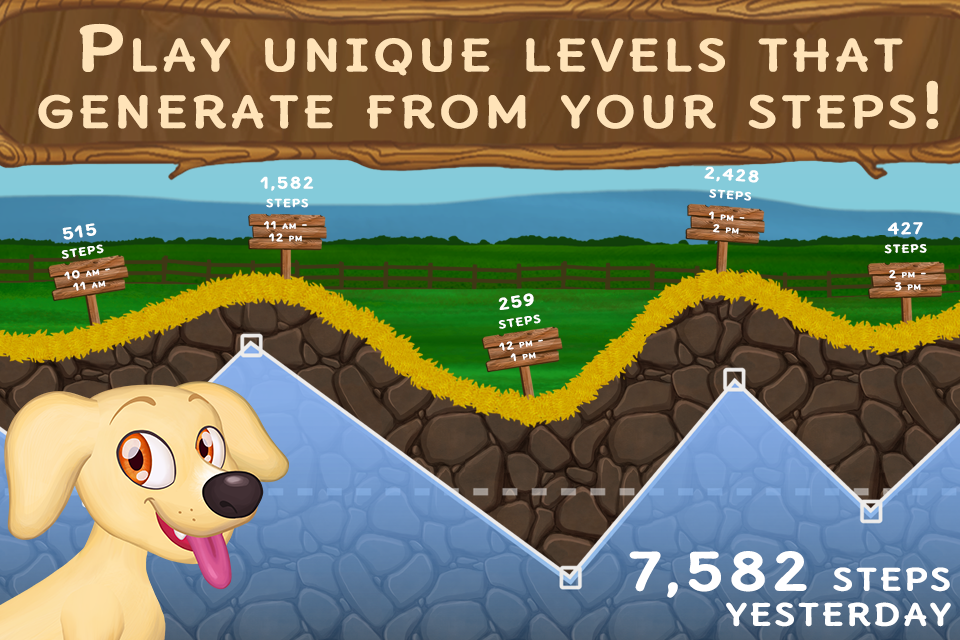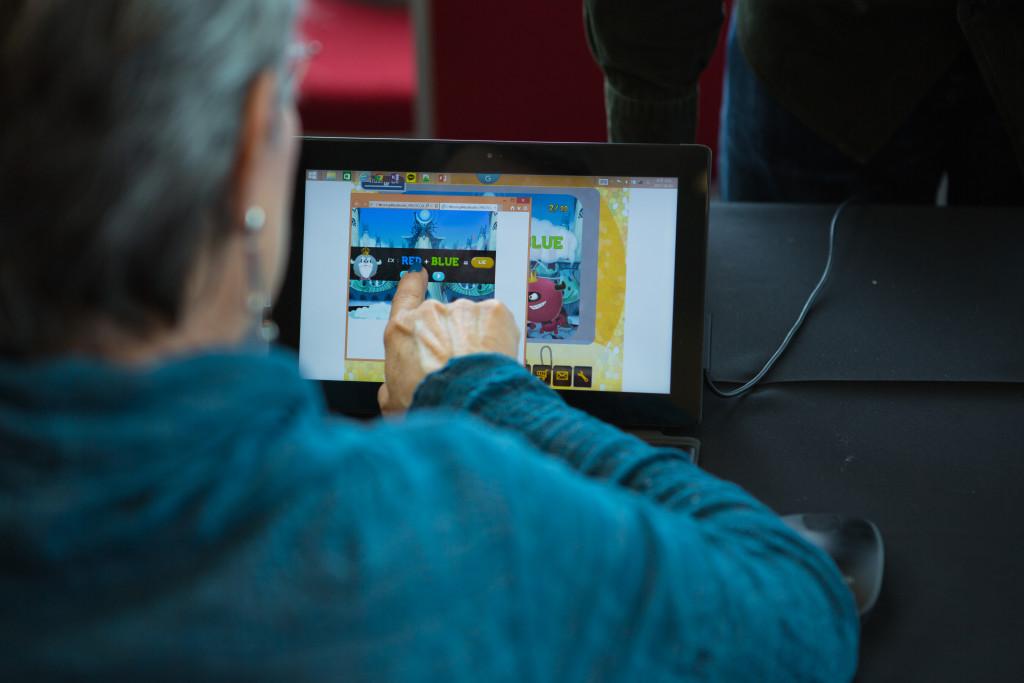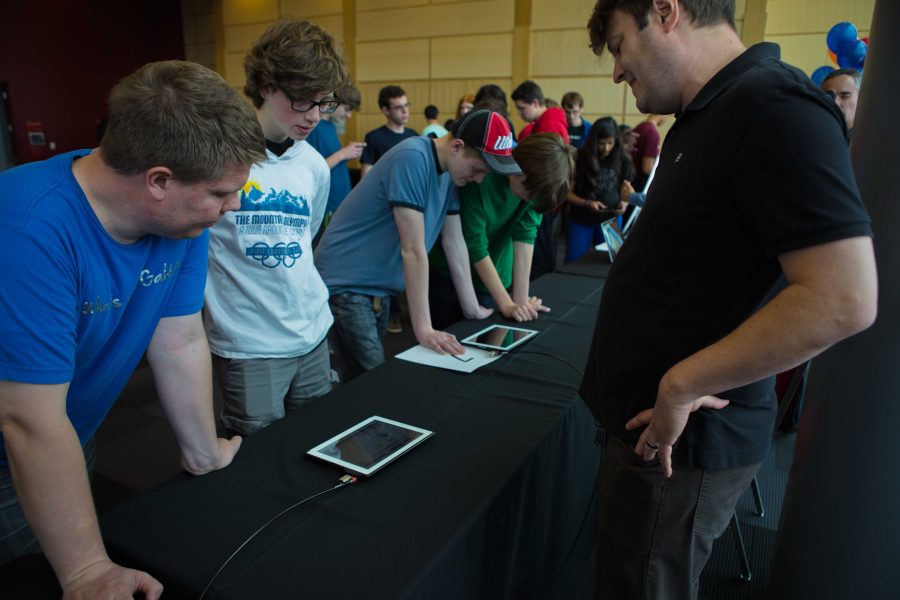An asteroid invader from outer space named Jacques, as well as his henchmen, have destroyed the planet, and it is your job to find the hidden treasures. Sounds like a pretty compelling reason to get up and move.
That is the premise to StepPets, a mobile game created by Tim Cooley, who recently graduated from the U with his MBA and competed in Games 4 Health.
The competition calls for games that help promote healthy behavior, such as Cooley’s game, in which individuals walk to receive “step coins,” purchase virtual pets and try to rescue the pets’ planet.

“I love the idea of gamification and how powerful video games are at changing behavior and creating new ones,” he said.
Games 4 Health, started in 2014, works to remove the negative stereotypes people place on video games and replace them with positive images, especially concerning health, said Tab Robbins, co-chair of the competition, which is currently accepting applications.
The competition has attracted students from countries such as Korea and Spain, as well as universities across the nation. There were 95 participants last year. This year, 108 have already signed up and registration is open until mid-February.
Each team, which must have at least one student, submits two videos explaining how fun, engaging and creative their game is. Teams can pick from one of five categories, including adolescent mental well-being and chronic diseases.
Robbins said healthy games are part of an emerging market that is quickly gaining momentum. Products such as Fitbit, a watch that tracks your steps and sleep patterns, have only recently become available to consumers. Games for children with ADHD were clinically approved and are passing FDA approvals.
“We’re seeing a shift in consumption and in how we spend our time,” Robbins said. “In order for people to maintain their health and balance their lives with practices they have outside of these mobile devices, we’re trying to bring these two together, not to fight digital consumption but to really embrace it and make it a part of how you can improve your life and your well-being.”

With StepPets, Cooley and his team observed behavior changes in the players. Walking gets you coins and moves you up levels in the game. If you walk less the next day, you move down a level. He realized motivation usually makes the difference between being active and being inactive.
Cooley is now working with Apple to approve the game for commercial use, which was made possible in part by his $4,000 winnings from last year’s Games 4 Health competition.
This year, an overall winner will be announced for the first time. The monetary amount for each prize has not been decided, but $60,000 will be awarded in total, an increase from last year’s $43,500. Robbins said the competition is funded by corporate sponsors and the Sorenson Center for Discovery and Innovation.
c.webber@dailyutahchronicle.com
@carolyn_webber


